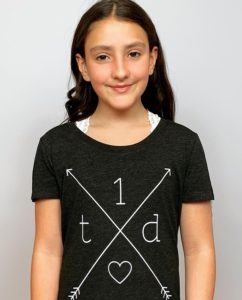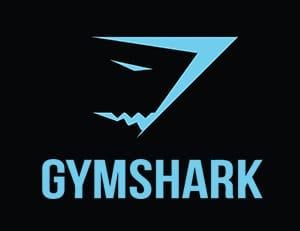Since the dawn of cell phones, cell phone cases have been a high-demand accessory. They offer the opportunity to customize, protect, and in some cases add utility to a device you’re carrying in your pocket anyway. Because of this, the market for phone cases and accessories has been saturated by high-quality and low-quality products alike. Finding a good one can be so easy it becomes difficult to decide. The founders of Mous started out with a simple mission: “pushing the boundaries in design and engineering to create products that last for the tech people use everyday”.
Founders James Griffith and Josh Shires found that there were really two types of phone cases: the ones that felt nice on the phone because of their sleek design but weren’t sufficiently protective and trustworthy and didn’t last long, and the ones that were protective and durable enough to be trustworthy but added uncomfortable weight and bulk. In 2014, they founded Mous to do something about that problem, and brought on James Day, Will Mullen, and Lacy Hutchinson.
To learn more about the design of existing phone cases and find how to innovate, some of the team spent time in China before finally setting up shop in London and expanding the company to over 60 members. Once they tested and demonstrated their first self-developed phone case material, Mous raised over $2,500,000 in crowdfunding to continue the project.
By 2020, Mous has sold over 1 million products and expanded into other accessories such as wallet-cases, case attachments using patented magnetic design (ie a slim, removable cash/card holder that clings to the back of the phone case), case-compatible mounts, chargers, screen protectors, and cases for AirPods.
The lesson to be taken away from Mous is that even in a saturated market there is room for innovation. Often times, a heavily flooded market is lacking in the right type of product (hence there are so many different things- there isn’t one a lot of people like). This is not always the case, but in this case, the perfect case had yet to be designed.
You can see Mous test drops and learn more about the company here:
:




 large and so quickly because of a few strategies. First, Gymshark does not over saturate with their clothes. They have limited releases with their clothing and most of their releases sell out very quickly. Besides their core clothing with just simple branding (which is always stocked), Gymshark creates cool designs and graphics for their clothes. Once these items sell out, they do not come back. This exclusivity creates high demand for consumers. Next, Gymshark only sells on their website and not through an intermediary which helps to keep costs down. This direct relationship with the customers makes the buying experience more personal as well. Finally, Francis was able to grow Gymshark because of their massive social media following. Their Instagram account boasts 4.7 million followers currently and showcases their sponsored athletes, customers, and general lifting how to’s. Because of all of this, Gymshark shows no sign of slowing down and growing even larger. All of this due to a college student who started a company at the age of 19 in his dorm room.
large and so quickly because of a few strategies. First, Gymshark does not over saturate with their clothes. They have limited releases with their clothing and most of their releases sell out very quickly. Besides their core clothing with just simple branding (which is always stocked), Gymshark creates cool designs and graphics for their clothes. Once these items sell out, they do not come back. This exclusivity creates high demand for consumers. Next, Gymshark only sells on their website and not through an intermediary which helps to keep costs down. This direct relationship with the customers makes the buying experience more personal as well. Finally, Francis was able to grow Gymshark because of their massive social media following. Their Instagram account boasts 4.7 million followers currently and showcases their sponsored athletes, customers, and general lifting how to’s. Because of all of this, Gymshark shows no sign of slowing down and growing even larger. All of this due to a college student who started a company at the age of 19 in his dorm room.